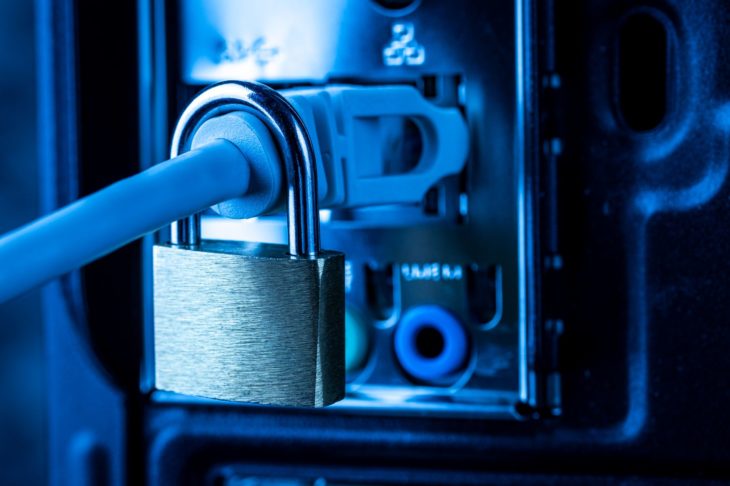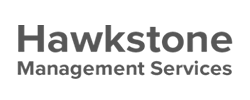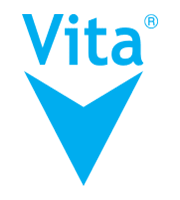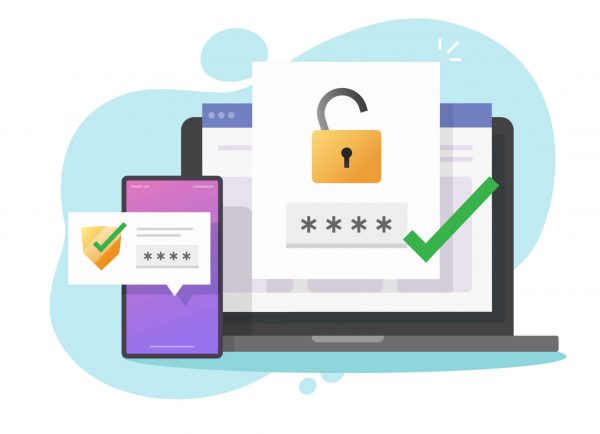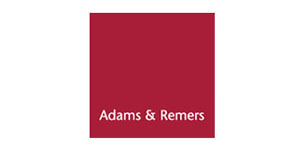Why Choose Lumina as Your Managed Firewall Provider?
We’re not like other service providers in the industry. Here’s what makes us different:
Network Security Expertise: Our team of security experts stays ahead of evolving cyber threats, ensuring your firewall infrastructure remains effective against new attack methods.
Business-First Approach: We understand that security must support your business operations, not hinder them. Our firewall management services balance protection with productivity.
Proven Track Record: For over 25 years, we’ve protected businesses like yours from evolving cyber threats. We’ve seen attack patterns change and develop, and we’ve continuously adapted our approach to stay ahead.
Service That Shows We Care: When security alerts happen, you need a responsive team that understands the context of your business. Our award-winning support ensures you’re never left wondering about a potential threat.
The Perfect Size: We’re big enough to have deep security expertise but small enough that you’ll know your security team by name. No generic responses or cookie-cutter solutions—just real protection tailored to your business.
Ready to Strengthen Your Network Security?
Let’s discuss how our managed firewall services can provide the protection your business needs while supporting your operational efficiency.
Contact Us Today
Frequently Asked Questions
What is a firewall?
A firewall is a vital part of your business’s cyber defences. It monitors and filters all traffic entering and leaving your network, based on a set of security rules. In practice, it acts as a gatekeeper between your internal systems and the outside world (such as the internet), helping to block threats and control access.
Most businesses today use next-generation firewalls (NGFWs), which go beyond basic filtering. These advanced systems can inspect data in more detail, spot malicious behaviour, and enforce business policies to keep your systems secure.
Firewalls can be deployed as physical devices, cloud-based services, or virtual appliances — and at Lumina, we manage them all for you.
What does a firewall do?
A firewall helps prevent unauthorised access to your systems while still allowing legitimate business traffic to flow freely. It:
- Monitors all incoming and outgoing network activity
- Blocks unwanted or suspicious traffic
- Prevents known malware and ransomware from reaching your network
- Enforces your organisation’s internet use policies
- Restricts access to applications and websites that don’t meet your business needs
- Creates logs of network activity for auditing and security analysis
- Helps control access to sensitive data
Modern firewalls can also block traffic from high-risk geographic regions, identify risky applications, and apply rules based on the user, device, or time of day.
How does a firewall work?
Firewalls inspect data as it travels in and out of your network. This data moves in small units called ‘packets’, and each packet is analysed against your firewall’s rules. These rules decide whether to allow or block the packet.
There are several ways a firewall makes these decisions:
- Packet filtering – checks the basic source and destination of each packet
- Stateful inspection – tracks whether a packet is part of an existing, valid connection
- Deep packet inspection (DPI) – examines the content of the packet to look for harmful code or unauthorised data
- Application-level filtering – identifies which app is generating the traffic and applies rules accordingly
Most business firewalls use a “default deny” approach — blocking all traffic unless a rule explicitly allows it. This minimises risk and helps maintain a strong security posture.
What is the purpose of a firewall?
The firewall’s primary role is to create a secure boundary between your business systems and external threats. It helps:
- Protect your data from hackers and malware
- Control who can access your network and what they can do
- Monitor and log network traffic for suspicious activity
- Enforce security policies to support regulatory compliance
- Enable secure remote working without compromising system integrity
Firewalls are also a requirement for meeting key standards such as Cyber Essentials — a must-have for many UK organisations working with government or regulated clients.
What is a managed firewall?
A managed firewall means you don’t need to worry about configuring or maintaining your own firewall — Lumina takes care of it for you.
We provide a fully managed service which includes:
- Expert setup and ongoing configuration
- Continuous monitoring for threats or anomalies
- Regular rule and firmware updates
- Centralised management by our security engineers
- Proactive tuning to match your changing business needs
- Secure offsite backups of your configuration
- Alerts and rapid response in the event of suspicious activity
- Monthly reports to keep you informed
With a managed firewall, you benefit from enterprise-grade protection without needing in-house expertise. You get peace of mind knowing your network is protected and compliant – and that if something unusual happens, we’ll be on it straight away.
Does a firewall help with compliance?
Yes — a properly configured firewall plays a key role in helping your business meet its compliance obligations.
In the UK, data protection regulations such as the General Data Protection Regulation (GDPR) require businesses to take appropriate technical measures to safeguard personal data. A firewall helps you meet these requirements by controlling and logging access to your systems, and by helping to prevent unauthorised access.
Firewalls are also a core requirement for achieving Cyber Essentials and Cyber Essentials Plus certification — the UK government-backed scheme that shows your business takes cyber security seriously. Under the scheme, you must have a firewall in place at the boundary between your network and the internet, and it must be securely configured and regularly updated.
At Lumina, we help our clients configure their firewalls in line with Cyber Essentials requirements. As part of our managed firewall service, we ensure the settings support your compliance goals and provide the necessary documentation and logging needed during certification.
Whether you’re pursuing certification or simply want assurance that your network is secure and standards-compliant, our team can help you get there.

